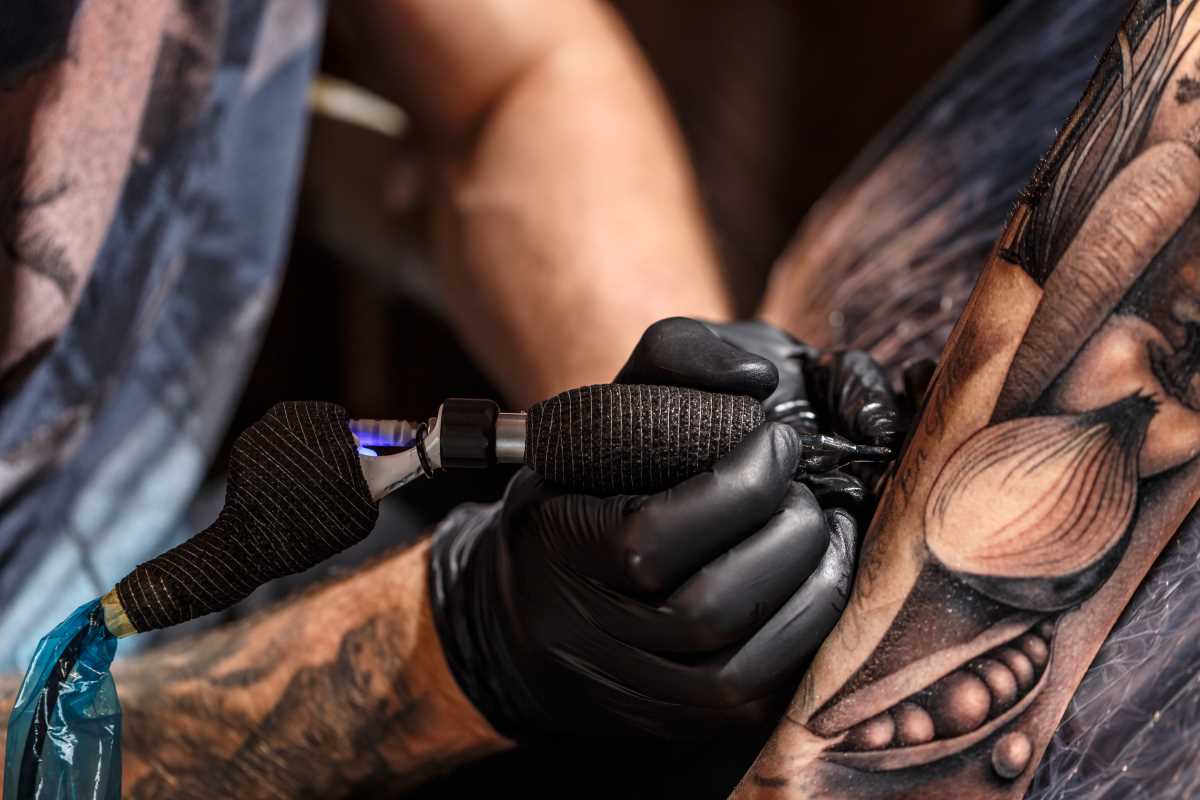For many book lovers, turning this passion into a career in editing or publishing feels like a dream come true. Fortunately, the publishing industry offers diverse opportunities for creative professionals, from editing manuscripts to designing book covers and even marketing new releases. If you’re a book enthusiast with a flair for the written word, meticulous attention to detail, or a knack for storytelling, this guide will introduce you to exciting career paths in editing and publishing.
Career Paths in Editing and Publishing
The world of publishing is vast and multifaceted. Here are some of the most compelling roles available for creatives who can’t get enough of books.
1. Book Editor
Responsibilities
Book editors are the intermediaries between authors and readers, ensuring that manuscripts meet high standards of quality before publication. They work on everything from structural edits down to grammar and punctuation.
There are several types of editors, including:
- Developmental Editor: Focuses on the manuscript’s overall structure and storytelling, helping the author refine characters, plotlines, or themes.
- Copy Editor: Ensures consistency, grammar accuracy, and adherence to style guides.
- Proofreader: Polishes the final draft to spotless perfection before it goes to print.
Skills Needed
- Excellent command of grammar and style
- Strong communication and collaboration skills
- An eye for detail
- Familiarity with major style guides like APA, Chicago Manual of Style, or house-specific guidelines
Career Growth
Entry-level positions like editorial assistant roles can lead to becoming a senior editor or editorial director with years of experience. Freelance editing is also an option for those who prefer flexibility.
2. Literary Agent
Responsibilities
Literary agents represent authors and work to sell their manuscripts to publishing houses. They act as business partners, negotiating contracts, securing fair deals, and guiding authors in their careers.
Skills Needed
- A strong understanding of market trends to identify sellable manuscripts
- Exceptional networking skills for forging relationships with publishers and editors
- Strong negotiation abilities to secure favorable deals for their clients
Career Growth
Many literary agents start as assistants or work in related publishing roles before transitioning. With experience, senior agents can manage well-known authors and work with high-profile publishers.
3. Book Designer
Responsibilities
Book design is both an art and a science. Designers are responsible for creating the visual elements of a book, including its cover and interior layout.
- Cover Designer: Designs compelling book covers that capture the story’s tone and entice buyers.
- Interior Designer: Focuses on typography, chapter headings, margins, or illustrations, ensuring the book’s content is visually appealing and easy to read.
Skills Needed
- Proficiency in design software like Adobe Photoshop, Illustrator, or InDesign
- A strong sense of typography and visual storytelling
- Creativity to turn abstract themes into effective visuals
Career Growth
Freelance book designers are in high demand, but many also work for publishing houses, where they can eventually take on senior roles managing larger design projects.
4. Marketing and Publicity for Publishing Houses
Responsibilities
Books don’t sell themselves. Marketing and publicity professionals are tasked with promoting new releases and managing campaigns that build anticipation and drive sales. This can include creating ad campaigns, organizing book tours, and managing social media accounts.
Skills Needed
- Creativity to brainstorm engaging campaigns
- Strong writing skills for press releases, blurbs, or social media content
- Knowledge of analytics tools for tracking campaign success
- Familiarity with social media platforms and influencer outreach
Career Growth
Starting as a publicity or marketing assistant, professionals can rise to positions like marketing manager, publicist, or even head of marketing in publishing houses. Experienced professionals may also branch out into PR consulting for authors.
5. Digital Publishing Specialist
Responsibilities
With the rise of eBooks and audiobooks, digital publishing specialists manage the production and distribution of these formats. They ensure that manuscripts are properly formatted and compatible across devices like Kindles and smartphones.
Skills Needed
- Technical proficiency with EPUB, MOBI, and PDF formats
- Knowledge of digital distribution networks like Amazon KDP or Apple Books
- Basic coding skills (e.g., XML, HTML, CSS)
Career Growth
Many professionals in this role start in entry-level production or technical roles and eventually move into broader publishing management positions.
Top Universities for Editing and Publishing
If you’d like to pursue a formal education in publishing or editing, several universities offer world-renowned programs tailored to this field.
1. Columbia University (United States)
- Program: Columbia Publishing Course
- Why It’s Notable: This prestigious program offers a comprehensive look at both the editorial and business sides of publishing. It attracts top industry speakers and provides students with invaluable networking opportunities.
- Location Advantage: New York City, the publishing capital of the United States, offers unparalleled access to prominent publishers.
2. Oxford Brookes University (United Kingdom)
- Program: MA Publishing Media
- Why It’s Notable: Oxford Brookes is one of the leading institutions for publishing studies in Europe. The curriculum covers everything from editorial roles to digital workflows and marketing.
- Career Support: Internships and industry placements are a key focus, preparing graduates for entry-level roles in top publishing houses.
3. New York University (United States)
- Program: MS in Publishing
- Why It’s Notable: This program provides an in-depth understanding of traditional and digital publishing, focusing on both books and magazines. The faculty comprises experienced industry professionals, giving students insights into real-world challenges.
4. University of Stirling (United Kingdom)
- Program: MLitt Publishing Studies
- Why It’s Notable: Known for its strong industry connections, Stirling’s program combines theoretical coursework with practical projects, often in collaboration with major publishers like HarperCollins.
5. Simon Fraser University (Canada)
- Program: Master of Publishing
- Why It’s Notable: Canada’s only graduate program in publishing focuses on blending editorial skills with business acumen, preparing students for leadership positions in the industry.
How to Get Started
Gain Experience
Internships are often your first step into the world of editing and publishing. Many publishing houses, magazines, and literary agencies offer entry-level internships that help you build networks and practical skills.
Stay Active in Writing Communities
Join forums like Scribophile or Writers Helping Writers to connect with individuals already embedded in the industry. Networking can lead to opportunities you wouldn’t find on traditional job boards.
Learn On-the-Go
Even if formal education in publishing isn’t feasible, there are plenty of resources to equip yourself with essential skills.
- Free Tools: Familiarize yourself with Adobe Creative Cloud and style guides.
- Online Courses: Explore platforms like Coursera or EdX for courses in proofreading, design, or marketing.







